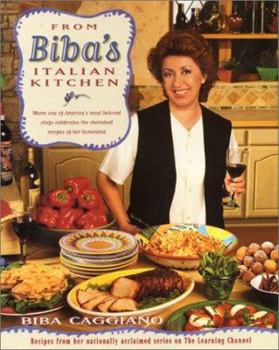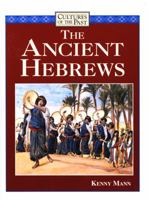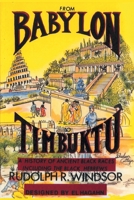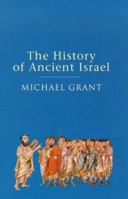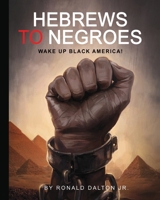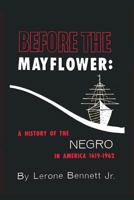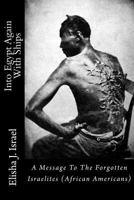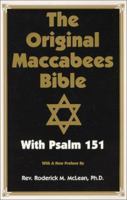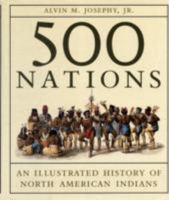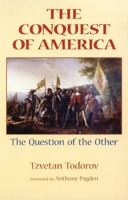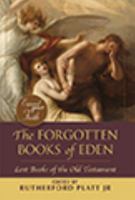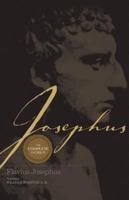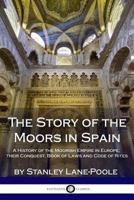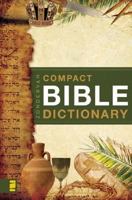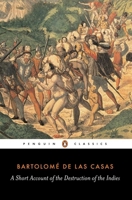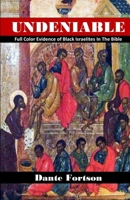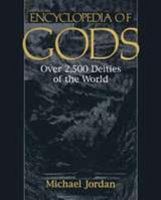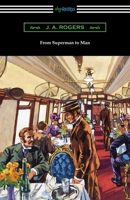From Biba's Italian Kitchen
Select Format
Select Condition 
You Might Also Enjoy
Book Overview
Customer Reviews
Rated 5 starsWonderfully illustrated throughout
In The Israelites: History, Archaeology, Social Structure, And Religion, B.S.J. Isserlin draws upon his years of experience and expertise in directed archaeological fieldwork in Jaffa and Mikhomret, Israel, Sicily, Greece, and Spain, as well as his years as president of the British Association for Jewish Studies, and head of the Department of Semitic Studies as the university of Leeds, England, to bring to the reader an impressive...
0Report
Rated 4 starsExcellent Text
This work covers a broad range of topics related to the life and culture of ancient Israel. Several other works have been written on the subject. In my opinion this is one of the best. It covers everthing from town planning to agriculture. All and all an excellent window into how an ancient people lived.
0Report











